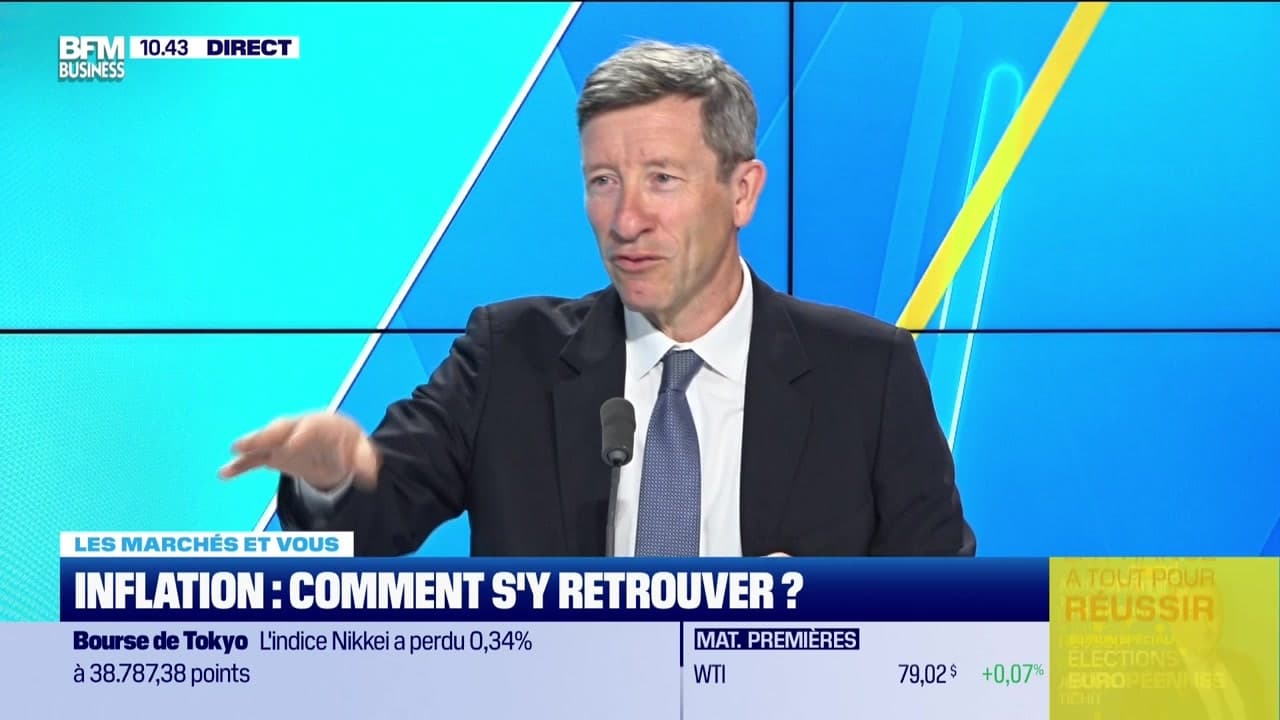Since 2019, Lebanon has been sinking into an economic crisis, and since October 7, the south of the country has been the scene of clashes between the Israeli army and Hezbollah. Amid this chaos, the book economy is being hit very hard. The financial crisis is a historic crisis: as a reminder, in five years the Lebanese currency has been devalued by 98% and three-quarters of the population lives below the poverty line. To this collapse of the country we must add the port explosion that destroyed Beirut in 2020, the coronavirus pandemic and finally now the war between Israel and Gaza that extends to southern Lebanon where the dead are now counted in the hundreds .
Lebanon is unfortunately used to tragedies. We think of the 2006 war, already against Israel, and of course the civil war and the fifteen years of fratricides between 1975 and 1990.
Today, the financial collapse, combined with the regional conflagration, is once again impacting all sectors of the economy. The book sector, which is already very vulnerable, has suffered particularly badly over the past five years. In the first year of the crisis, between 2019 and 2020, publishing houses’ turnover fell by around 70%. Many have gone bankrupt. Thus, of the 1,730 publishers listed in Lebanon in 2000, fewer than 40 remain.
Some companies are resisting and adapting to the crisis
The first challenge is of course the prices. Until now, the vast majority of books have been printed abroad and imported, but inflation has made them unaffordable for the Lebanese. A 20 euro book represents almost half of the monthly salary of a soldier in Lebanon today. The first emergency to keep the sector afloat is therefore to try to make an object that has become a luxury product accessible again. Lebanese booksellers assure us that the problem is not so much that people no longer read, but that they no longer have the means to do so. For example, the two main French-language bookstores, which are also publishers, bought the rights to numerous books with the support of the French Institute of Beirut. These are, for example, titles by Bayard, Flammarion or Hachette. These books are then printed here. As a result, they are half as expensive on the shelves as in France!
This mainly concerns children’s literature, because the demand is high. In fact, just under half of schoolchildren still study at least partially in French. They therefore need study books, but also textbooks. However, among these books we also find new literary editions. For example, the last essay by the French-Lebanese Amine Maalouf, The Labyrinth of the Lost, sells for 11 euros in Beirut, compared to 23 euros in Paris. However, it is exactly the same book, the same paper quality and of course the same content.
Historically, Beirut has been the publishing hub of the Middle East
With only 6 million inhabitants in Lebanon, the local market is not sufficient. However, this has always been the case and this is certainly what allows Lebanese book companies to survive even today. Historically, Beirut has been the publishing hub of the Middle East. The Lebanese capital owes this position to its multicultural, trilingual society and also to the relative freedom of expression and creation here. The state still applies censorship, but this is much less strict than in most Arab countries. Furthermore, Lebanese know-how in publishing and translating from French and English into Arabic remains highly recognized in the region. For most of the arts, today the main market is the Gulf States, which organize very popular international book fairs and also have enormous resources to finance creation.
A Lebanese cultural exception
Lebanon still enjoys its image as a cultural country, a bridge between East and West. As French, we all have in mind dozens of Lebanese authors, such as Andrée Chedid, Dominique Eddé, Charif Majdalani and, in the new generation, Sabyl Ghoussoub, last year’s Goncourt Prize for high school students. Even though the book economy is in dire straits, writers remain very present in the literary landscape.
What saves the book world in Lebanon may also be a form of nostalgia. Nostalgia for what we call ‘the golden age’ here… A largely fantasized period of prosperity from the pre-war decades, in the fifties and sixties, when we met Brigitte Bardot on the banks of the swimming pool of the Saint-Georges hotel, or Jean Cocteau at the Baalbek Festival, an image of Epinal that is still very much present in the minds of a certain intellectual elite, even if almost no one lived through this era. This demonstrates the desire to continue cultivating a form of Lebanese cultural exceptionalism, that of a country that, despite collapse and wars, continues to shine on the international artistic stage.




